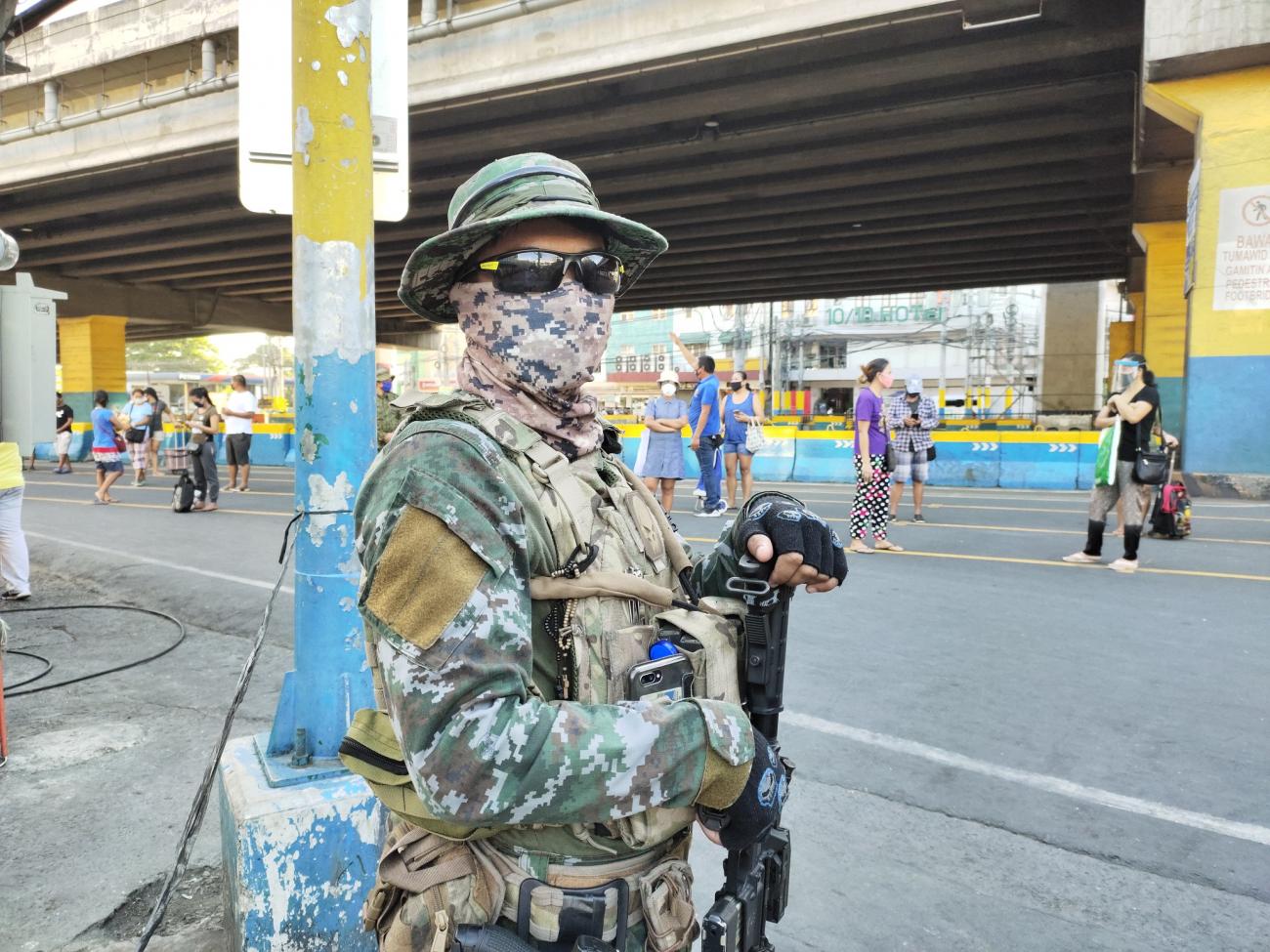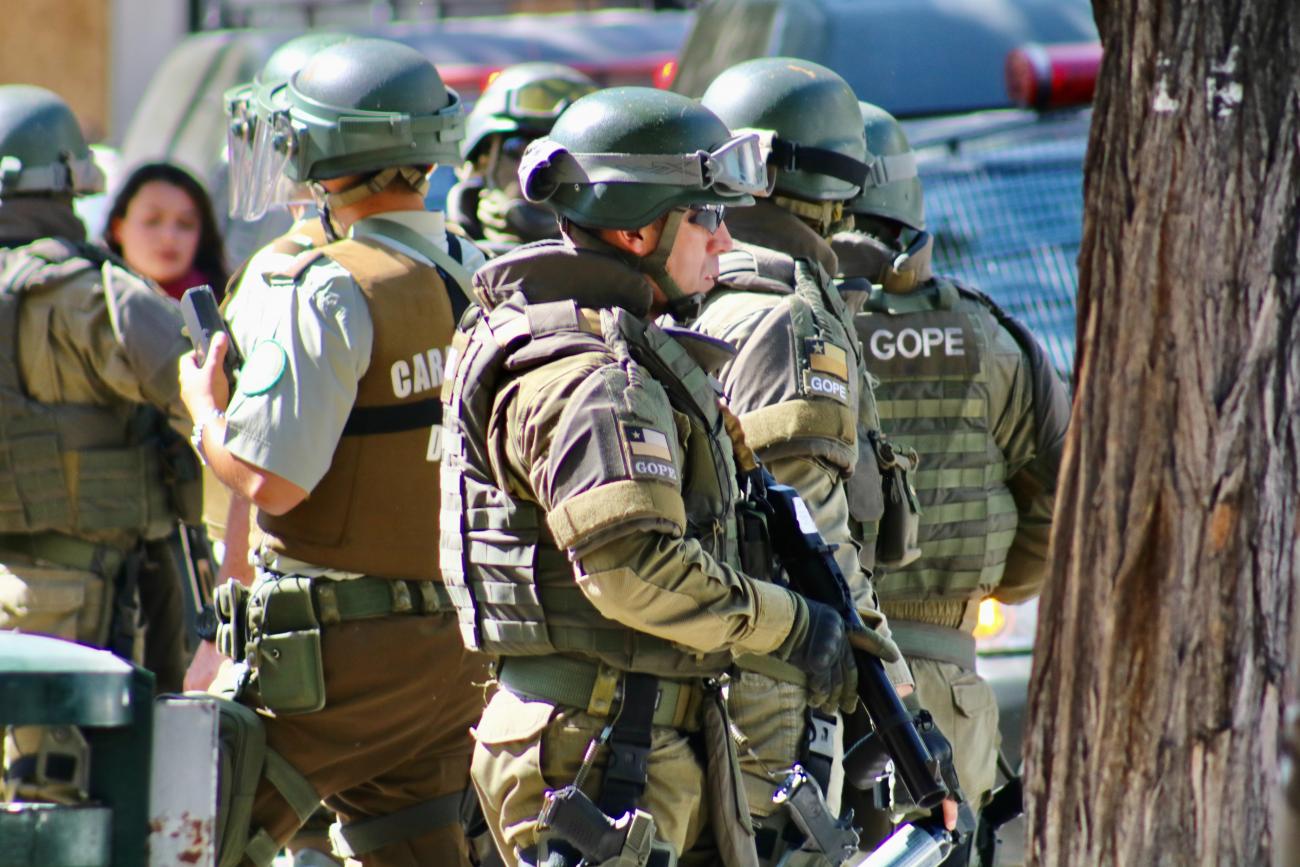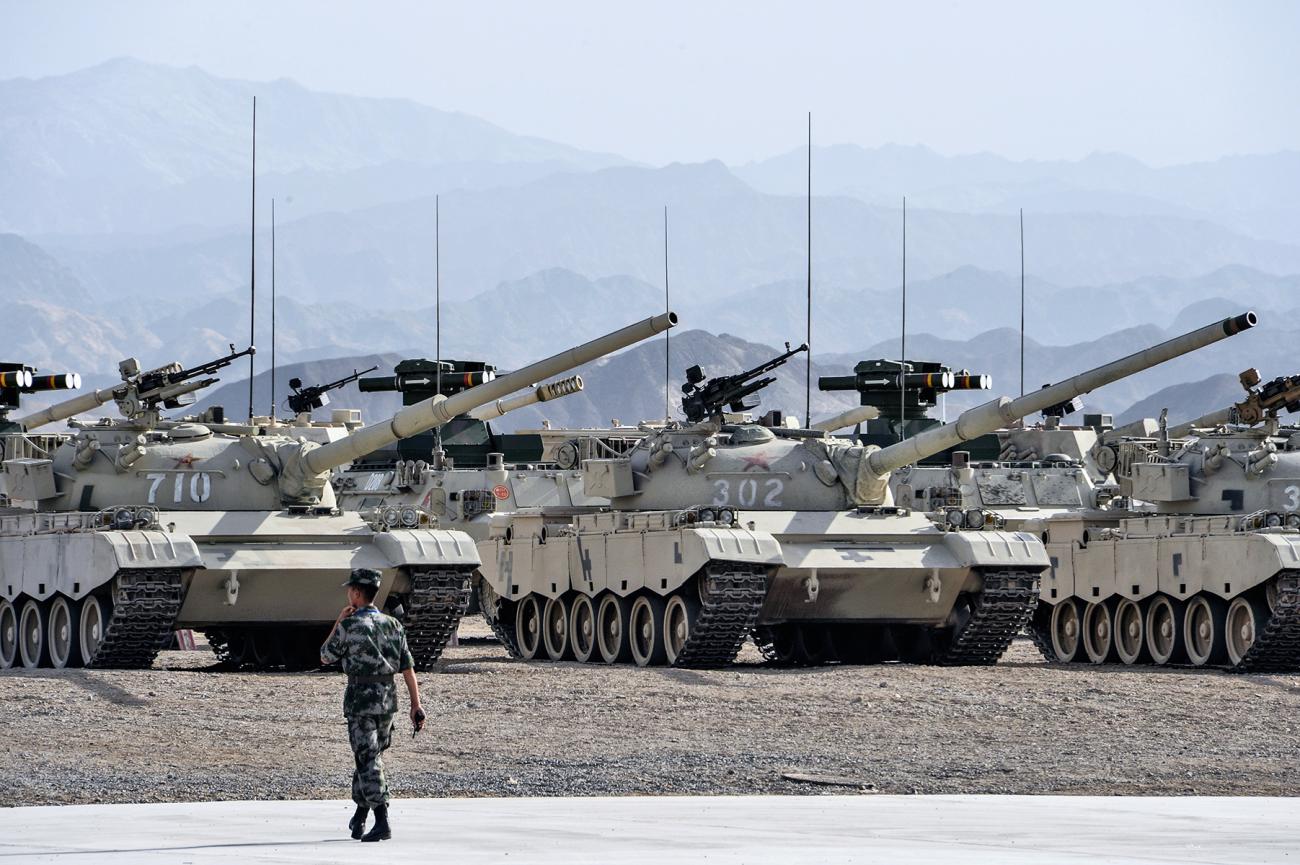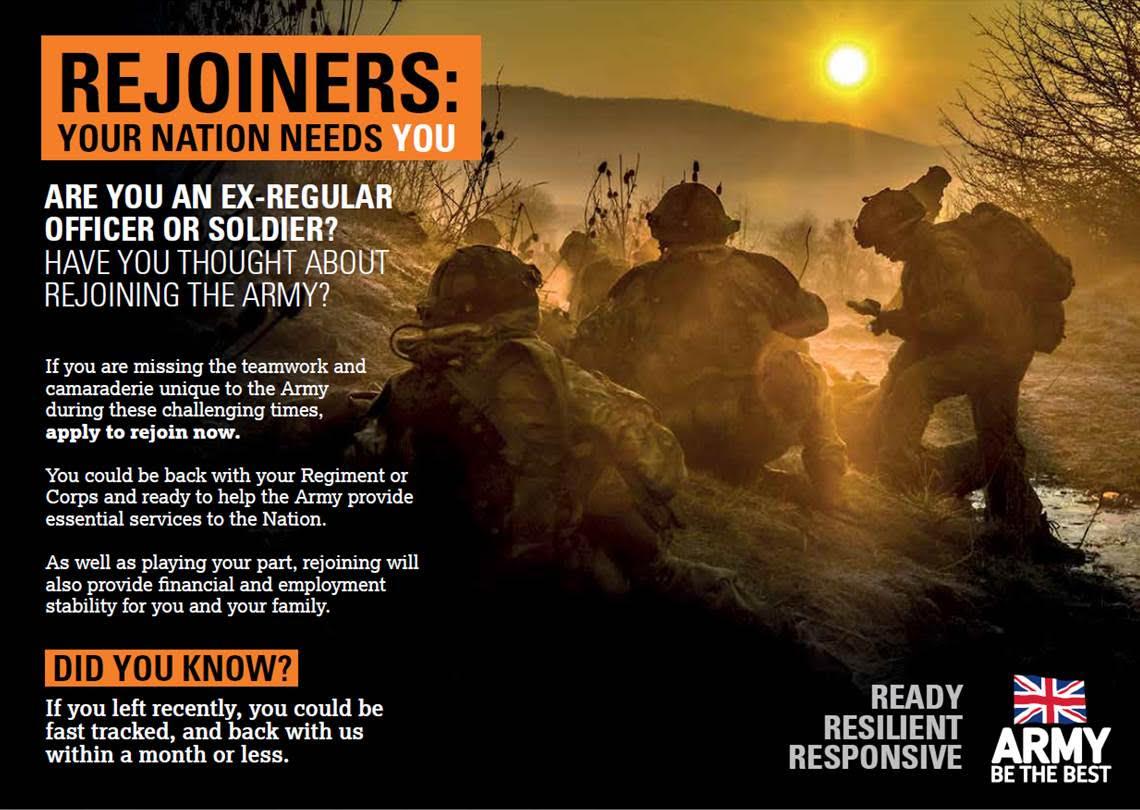The Broken Rifle
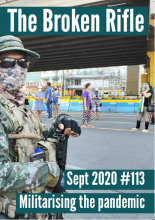
Dear friends,
Apologies for the duplicate email - our original email for The Broken Rifle didn't contain two articles, one exploring the impact of the Covid-19 pandemic in Brazil, and one from our friends at the Women's International League for Peace and Freedom, exploring why pandemic is an opportunity for disarmament. We hope you enjoy the magazine!
Since the start of 2020, our world has completely changed. So many of the things we took for granted as part of normal life have become impossible, or much more difficult; socialising with friends, going to the shop, traveling even short distances from our homes (let alone around the world), gathering for parties (or protests!)...
And yet in so many other ways our world hasn't changed at all. As governments around the world scrambled to respond to the rapidly spreading Covid-19 pandemic, many reached for the old playbook; fear, violence, and militarisation. Even as communities around the world found a huge array of creative ways of responding tho the pandemic, building resilience and connection even as the fear and confusion took hold, governments used their military strength to violently enforce lock downs and take advantage of the situation for their own political gain. As always, it has been the most disadvantaged and marginalised communities who have most directly impacted.
For this edition of the Broken Rifle we have reached out to activists around the world, asking them to describe the diverse ways that the covid-19 lock downs have been militarised, and argue that the militarised responses to the Covid-19 pandemic show how deeply embedded militarism has become. At the same time, the covid-19 crisis is an opportunity for our movements, to reflect, reevaluate, and regroup.
We're also excited that this is the first edition of The Broken Rifle that will be printed and distributed for a long time! For several years The Broken Rifle has been an online-only affair, but we feel now is the time to again explore opportunities for other ways of distributing the magazine. We hope this will mean that producing and distributing The Broken Rifle will, eventually, contribute to WRI's finances and supports our other work. If you would like to subscribe to receive the printed version you can find out how here: https://wri-irg.org/en/the-broken-rifle-subscription or email info@wri-irg.org.
